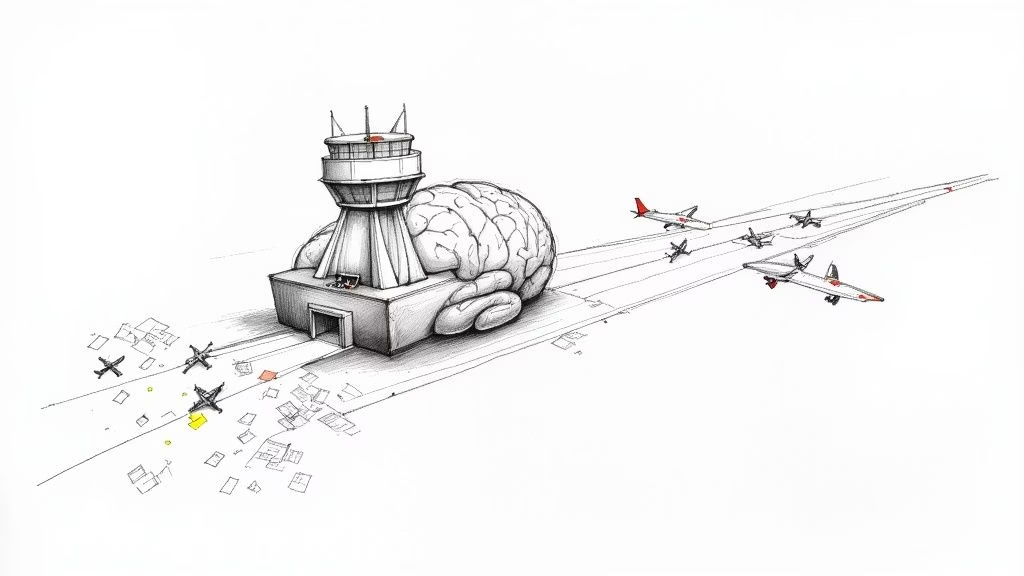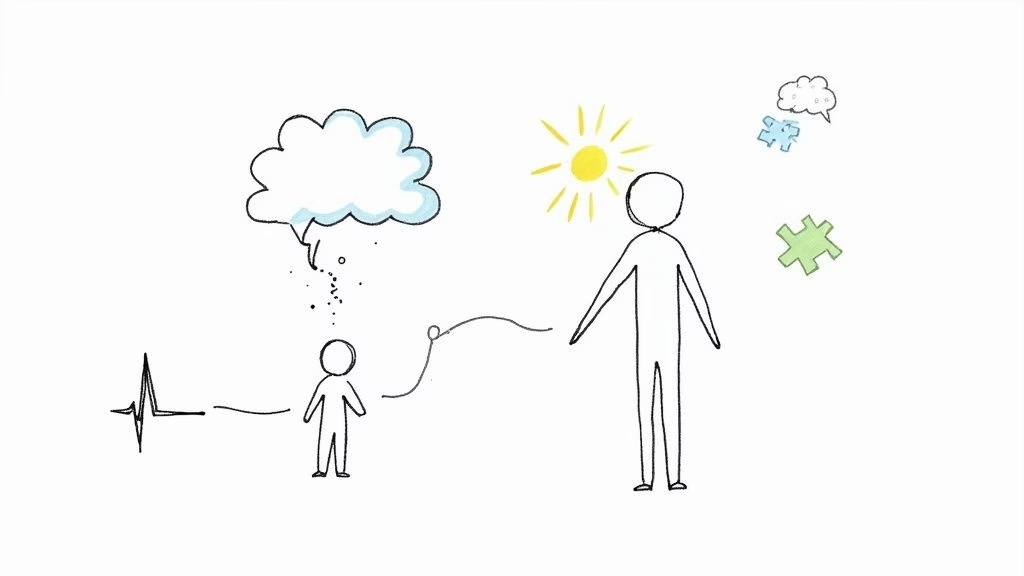
What do academic performance, screen time, and teenage confidence have in common?
They’re all connected—and all adversely impacting academic performance without the right support.
A 2019 study from the University of Colorado Boulder found that academic coaching significantly improves GPA, motivation, and college retention. Academic performance improved for students who received coaching, making them more likely to stay in school and improve their grades, particularly those who were struggling the most.
And then there’s Jonathan Haidt’s book The Anxious Generation, which shines a massive spotlight on a deeper root issue: the rise of anxiety and depression in Gen Z, largely fueled by the collapse of real-world play and the explosion of smartphones.
As someone who coaches teens—and has spent years in the mountains, on ropes, and in the middle of raw, unscripted moments—these findings don’t surprise me. They confirm what I see every week with the young men I work with:
Our teens are over-scheduled, under-inspired, screen-stuck, and struggling to figure out who they are.
Coaching Works—But Not Just in the Classroom
The CU Boulder study focuses on academic coaching in a university setting, but its principles apply earlier—especially in high school, when boys begin to check out emotionally or academically. Coaching creates a space for reflection, planning, and honest conversation. It’s not therapy. It’s not a lecture. It’s a partnership that fosters academic performance.
That’s powerful.
In my coaching, I see transformations happen when a teen boy is:
-
- Asked what he wants from life
-
- Encouraged to fail at something hard—and try again
-
- Given tools to manage distractions and set real goals
The magic isn’t in the GPA boost (though that’s nice). It’s in the spark. The self-respect. The shift from “I can’t” to “I’ll try.”
The Digital Wall We’re Up Against
Haidt’s research in The Anxious Generation gives language to a quiet crisis: today’s teens are growing up in an environment that’s missing real challenge, risk, and connection, which can hinder academic performance. Recess is gone. Independence is rare. Socializing happens through screens instead of sweat, awkwardness, and laughter.
And here’s the thing: the brain doesn’t grow through scrolling. It grows through movement, friction, purpose, and presence.
That’s where adventure comes in.
Adventure as Coaching: Why Climbing, Cold, and Challenge Work
When I coach teens—whether in a one-on-one session or in a hangboard challenge, sound bath, or workshop—there’s always an element of stretching beyond the comfort zone. Not recklessly. Intentionally.
Whether we’re working on:
-
- Building a morning routine,
-
- Setting a goal around college or career,
-
- Or holding a plank for 3 minutes while naming 3 values that matter—
It’s all practice in becoming more resilient, confident, and alive, ultimately contributing to academic performance.
Adventure doesn’t have to mean climbing El Cap (though I’ve done that and recommend it). It can be small: putting the phone down. Finishing a cold shower. Owning your decisions. Getting real in a coaching conversation, all of which can positively impact academic performance.
The combination of support + challenge is what teens crave, even if they won’t say it out loud.
The Takeaway for Parents
If your son is struggling with motivation, checking out, or living mostly behind a screen—know this: it’s not his fault, and it’s not your failure.
He’s growing up in a world that doesn’t offer enough real feedback, real stakes, or real connection, which can hinder academic performance.
But there’s a way forward. Coaching works. Adventure works. Accountability works. Your teen doesn’t need to be fixed—he needs to be met, seen, and challenged.
And I’m here for that.



















